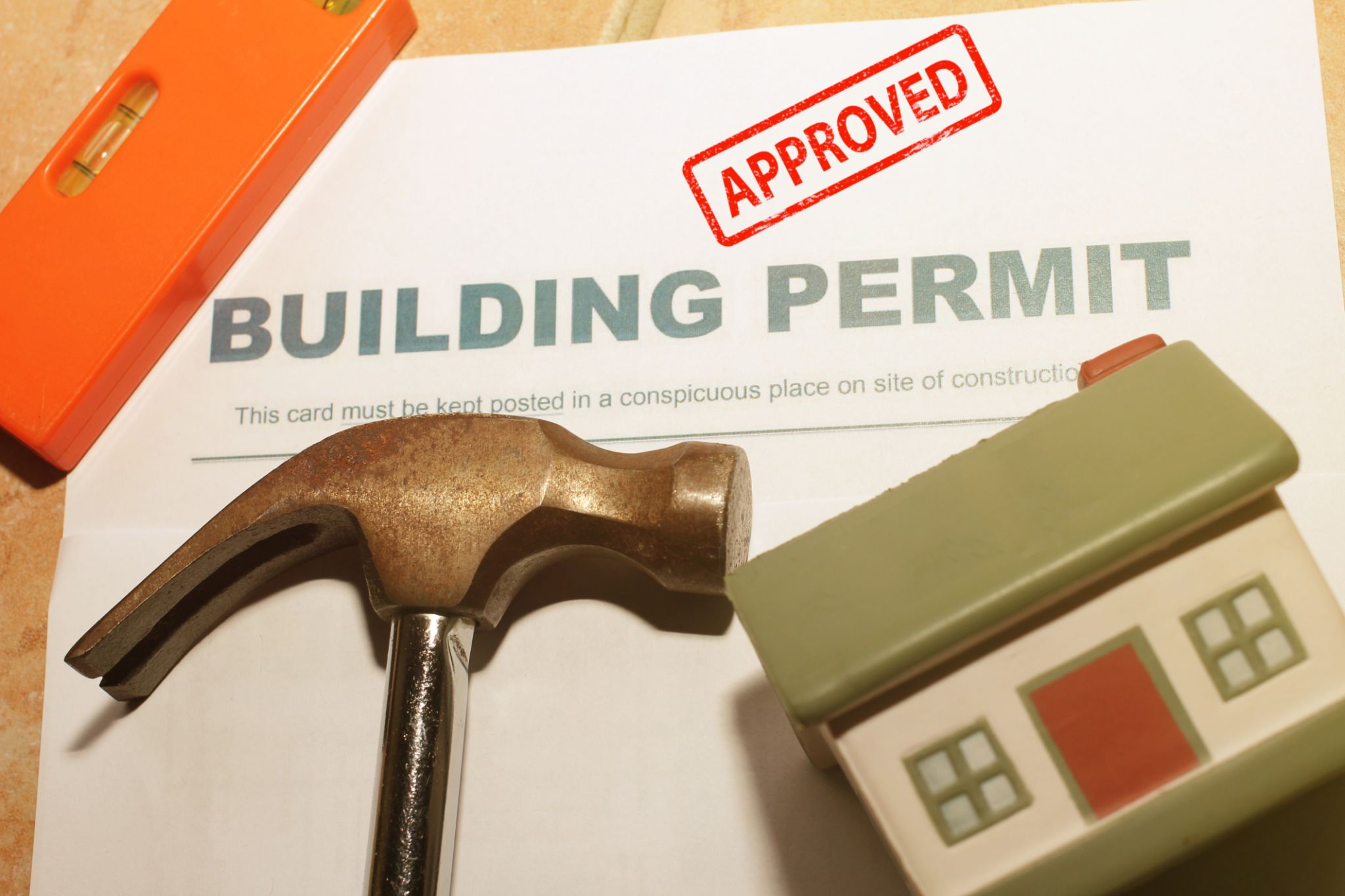Expert Insights: Navigating Florida's Building Permit Process
Understanding Florida's Building Permit Process
Embarking on a construction project in Florida? Understanding the building permit process is crucial for ensuring compliance with state and local regulations. The process might seem daunting, but with the right guidance, you can navigate it smoothly. Whether you're a homeowner, contractor, or developer, obtaining the correct permits is essential to avoid potential fines or project delays.

Why Building Permits Matter
Building permits serve as a regulatory mechanism to ensure that construction meets safety standards. In Florida, these permits are particularly important due to the state's unique environmental conditions, such as hurricane-prone areas and flood zones. Having the proper permits not only ensures safety but also protects your investment in the long run.
Permits are typically required for both new constructions and significant renovations. They ensure that work adheres to the Florida Building Code, which includes specific requirements for structural integrity, energy conservation, and accessibility standards.
The Step-by-Step Permit Application Process
To successfully secure a building permit in Florida, it's important to understand the application process. Here's a brief overview:
- Research: Determine the type of permit required for your project. This might include zoning permits, environmental permits, or specific construction permits.
- Prepare Documentation: Gather necessary documents such as site plans, construction drawings, and any environmental assessments.
- Submit Application: Submit your application to the local building department. This usually involves an application fee.
- Review Period: The building department will review your application for compliance with local codes and ordinances.
- Approval and Inspection: Once approved, you may begin construction. Inspections will be scheduled at various stages to ensure ongoing compliance.

Common Challenges in the Permit Process
While the permit process is designed to be straightforward, several challenges can arise. These may include delays due to incomplete applications or misunderstandings of zoning laws. It's crucial to have a comprehensive understanding of local building codes and requirements to avoid setbacks.
Many applicants find it helpful to work with a licensed contractor or an architect who is familiar with Florida's permit process. These professionals can provide invaluable assistance in preparing documents and navigating local regulations.
Expert Tips for a Smoother Process
To ensure a smoother permit process, consider these expert tips:
- Start Early: Begin the permit process well in advance of your intended start date to account for any unforeseen delays.
- Double-Check Requirements: Verify all local requirements and double-check your application for completeness before submission.
- Stay Organized: Keep all documentation organized and readily accessible for inspections and reviews.
- Consult with Professionals: Engage with professionals who have experience in Florida's building regulations to guide you through the process.

The Importance of Compliance
Compliance with Florida's building permit process is not just a legal obligation; it's a commitment to safety and quality. By following the appropriate steps and obtaining the necessary permits, you ensure that your project is built to last and stands up to Florida's unique environmental challenges.
Remember that non-compliance can lead to severe consequences, including hefty fines, mandatory demolitions, or costly legal disputes. Therefore, taking the time to understand and adhere to the permit process is an investment in your project's success.
Conclusion
Navigating Florida's building permit process may seem complex, but by understanding its importance, preparing thoroughly, and seeking expert assistance when needed, you can achieve a successful outcome. With careful planning and attention to detail, you can ensure that your construction project not only meets regulatory standards but also stands the test of time.
